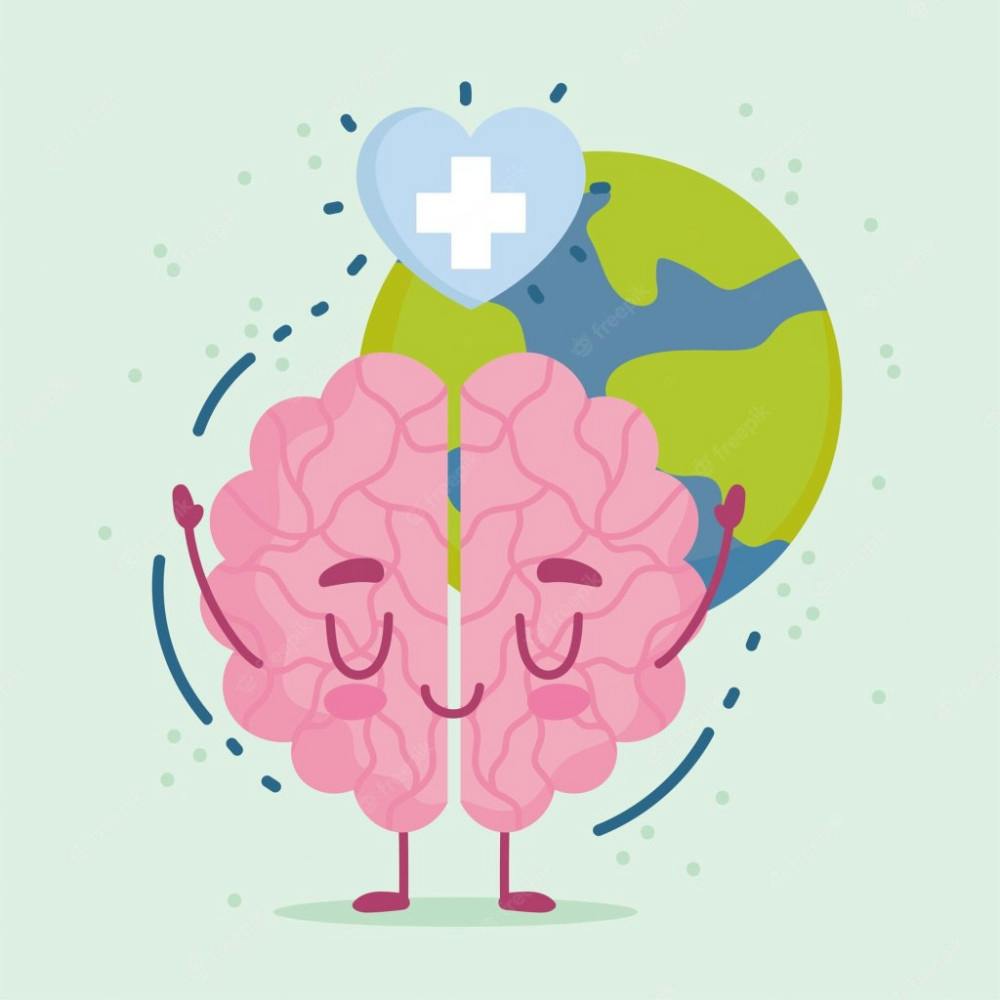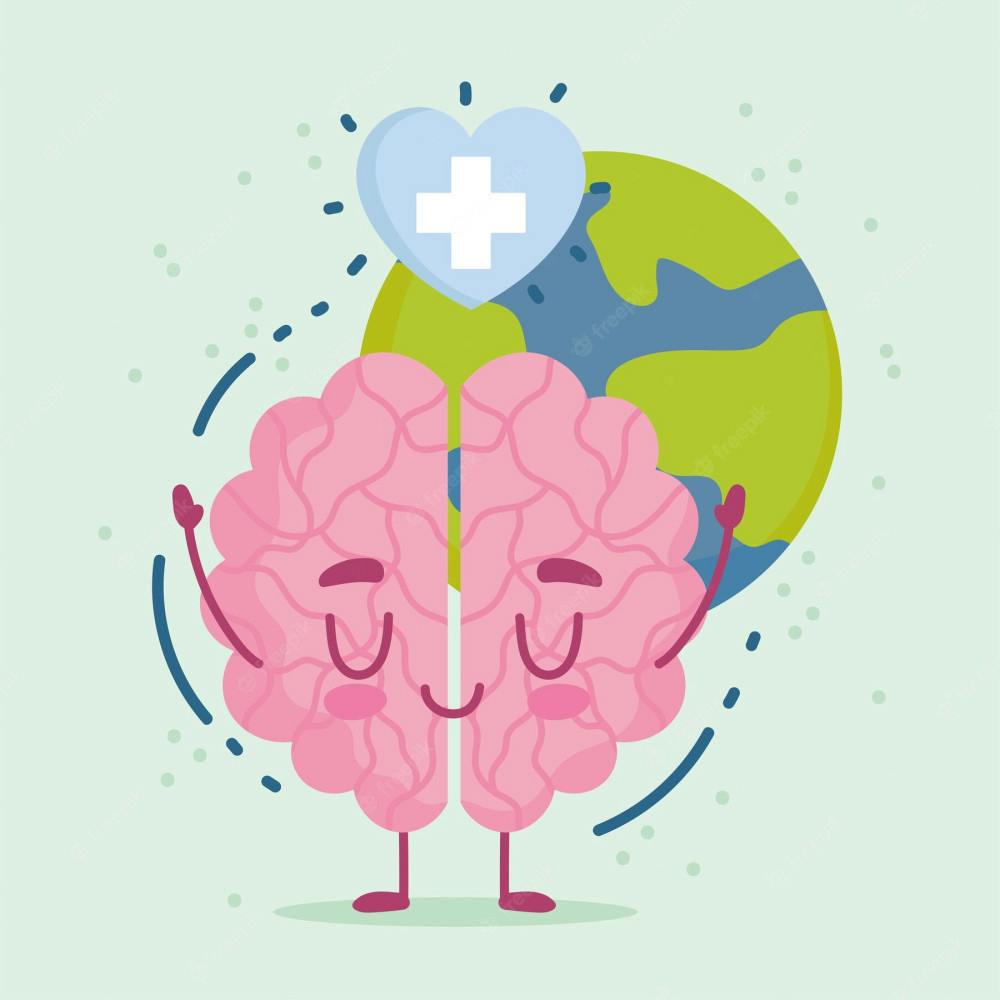By: Chelsea Worrell

As the psychological effects of climate change grow apparent, so does a novel approach to our predicament.
By this point, many sustainability initiatives have grown repetitive. Opting for organic products, using energy-efficient appliances, and recyclingmay seem second nature to many of us. I can recall chanting “reduce, reuse, recycle” when I was 10. Still, over a decade has passed with little to show for it. We have made minimal progress in curbing the climate emergency. Although we as a society possess the tools necessary to prevent ecological collapse, many of us refuse to make the changes this lofty task requires. Meanwhile, some refuse to acknowledge the reality of the crisis altogether. Considering these challenging circumstances, it may be time we implement a different sustainability strategy altogether.
A study by Kirk Brown and Tim Kasser offers an alternative approach to addressing the climate crisis: mindfulness. Surveying 206 middle and high school students in the Midwest, these researchers found that subjective well-being, or personal happiness, and ecologically responsible behavior were positively correlated. That is, happier students made more ecologically conscious decisions. Moreover, students with higher material values presented both decreased subjective well-being and less ecologically responsible behavior.
To expand on their findings across adolescent students, researchers then polled 200 participants across 42 different US states through a mail-in survey. Interestingly, the survey found that mindfulness was associated with higher subjective well-being and environmentally friendly behavior across the United States. According to the researchers, the data suggests that the consciousness encouraged by mindful practices “may promote reflection on one’s consumption activity and greater choicefulness in the marketplace.”1 In other words, mindfulness encourages us to make more thoughtful and sustainable choices as consumers.
Although substantial data now highlights the role of introspection in promoting ecologically sound behavior, the profound relationship between psychological health and climate change has only recently been acknowledged. When the Brown and Kasser study was published in 2005, considering climate change as a factor in psychological well-being seemed ludicrous. Fortunately, the psychological world now recognizes “eco-anxiety” as a widely spread condition. No longer do scientists scoff at the term “ecotherapy” or “existential therapy.”2 Rather, many have embraced the practices as an opportunity to explore the “interrelation of climate, inequality, and mental health.”3 As we now begin to view the effects of climate change through a psychological lens, efforts to promote sustainability can finally extend to include introspective techniques like meditation. So 18 years later, the ideas of Brown and Kasser can finally come to fruition.
The Good Grief Network is a perfect example of encouraging introspection for environmental protection. Adapting the 12-step model used by substance abuse treatment centers, the organization holds 10-step programs in which a group of individuals collectively engage to cultivate “personal resilience and empowerment in a chaotic climate.”4 I am currently participating in this 10-step program. Every Wednesday evening, I spend two hours growing alongside 13 perspicacious individuals. Together, we grieve and grow while confronting the realities of the current environmental crisis in a self-protecting, mindful manner. The experience has absolutely changed my life: by sharing my ecological grief with others, a psychological load I was certain would crush me has grown significantly lighter. Where I once felt utterly defeated and desolate, I feel reinvigorated and ready to face the environmental crisis as a facilitator of change. Scheduling just two hours of mindfulness into my week has encouraged me to make choices that protect not only my psychological health, but the health of our environment as well.
My own experience coupled with a growing body of evidence underscores the validity of pursuing introspection to combat climate change. However, introspection is not a skill we can achieve on our own. Many individuals require some form of behavioral therapy to cultivate an adequate understanding of their emotions and the tools to regulate them.5 The process of emotion regulation goes hand in hand with developing mindfulness. Studies have shown that mindfulness increases our ability to regulate our emotions.6 For example, Herwig et al. found that practicing “emotional body-awareness” decreased activation of the emotional center of the brain. Bringing awareness to one’s emotional state attenuates emotional arousal, allowing the individual to effectively cope.7 Mindfulness allows us to confront our experiences not with judgment, but with compassionate awareness. Introspection is a force to be reckoned with.
Unfortunately, tackling the abstract emotional experiences of eco-anxiety and ecological grief will be more challenging than the research suggests. Although mindfulness can contend with these emotions, cultivating this skill often requires finding a therapist. However, accessibility to therapy is dwindling across the U.S. According to the Substance Abuse and Mental Health Services Administration, the United States will have a nationwide shortage of over 200,000 mental health and related professionals by 2025, a burden that will not be equally shared. Inequitable access to psychological care already disproportionately affects Black, Asian, Indigenous, and Latinx Americans due to systemic racism. Those able to receive care must then contend with an overwhelmingly (83%) White workforce incapable of truly understanding their experiences.8
Mindfulness is an important tool for ecological protection, but cannot be harnessed if only a select few can access its potential. Black, Asian, Latinx, and Indigenous Americans, therefore, are more vulnerable to the impacts of climate change.3 Providing equitable access to therapy will ensure that the populations most affected by ecological demise have the introspective tools to manage their feelings of grief, anxiety, and despair. In turn, we can collectively cultivate the resilience necessary to combat the climate crisis and reflect on our choices with greater consciousness. In short, ensuring equitable access to therapy (among other privileges) ensures our future.
Each day, the world seems to grow more overwhelming and unpredictable. That said, we must take care of ourselves right now. To whoever may be reading this, I encourage you to take time to self-reflect this week. Perhaps you will write, move your body, take a walk, or simply meditate. Whatever it be, I invite you to make time for introspection, not just for yourself but for your planet too.
Enjoy what you're reading?
Signup for our newsletter
_______________________________________________________________________________________________________________
1 Brown, K. W., & Kasser, T. (2005). Are Psychological and Ecological Well-being Compatible? The Role of Values, Mindfulness, and Lifestyle. Social Indicators Research, 74(2), 349–368. https://doi.org/10.1007/s11205-004-8207-8
2 Barry, E. (2022, February 10). Climate Change Enters the Therapy Room. The New York Times. https://www.nytimes.com/2022/02/06/health/climate-anxiety-therapy.html
3 Gattuso, R. (2021, September 22). Wellness in a World On Fire: Therapy Tackles Climate Change. Talkspace. https://www.talkspace.com/blog/therapy-climate-change-anxiety/
4 Home. (2022, March 10). Good Grief Network. https://www.goodgriefnetwork.org/
5 Flanders, J. (2022, January 27). What is Ecoanxiety, and How Can Mindfulness Help? Mindful. https://www.mindful.org/what-is-ecoanxiety-and-how-can-mindfulness-help/
6 Guendelman, S., Medeiros, S., & Rampes, H. (2017). Mindfulness and Emotion Regulation: Insights from Neurobiological, Psychological, and Clinical Studies. Frontiers in Psychology, 8. https://doi.org/10.3389/fpsyg.2017.00220
7 Herwig, U., Kaffenberger, T., Jäncke, L., & Brühl, A. B. (2010). Self-related awareness and emotion regulation. NeuroImage, 50(2), 734–741. https://doi.org/10.1016/j.neuroimage.2009.12.089
8 Huff, C. (1 October 2022). Psychology’s diversity problem. APA. https://www.apa.org/monitor/2021/10/feature-diversity-problem




